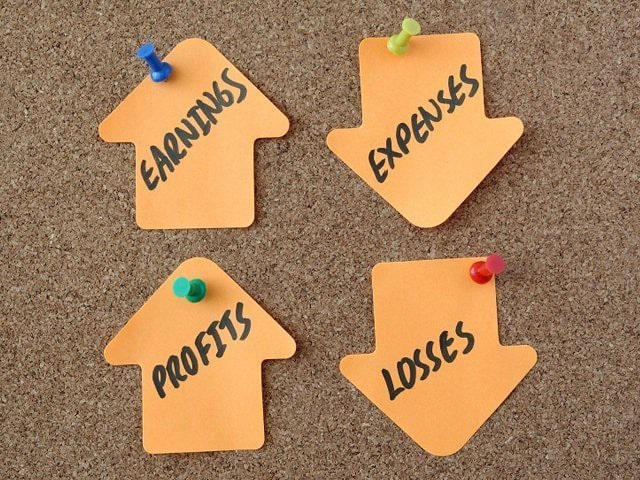If there’s a common string in between the series of clients that I deal with all the time, it’s that sales rises are tough ahead by, and also when they come they seem to find surges that don’t always last long. This puts an even better focus on handling expenses in order to consistently produce positive capital.
As I’ve created in the past, on the planet we currently live in, economic success requires a commitment to tested retail organization fundamentals, operational self-control, and also enhanced attention to information. Additionally, financial success needs a commitment to consistently boosting managerial capacity, consisting of the capability to manage your retail business expenses.
Here are 6 ideas to assist you in far better handling your expenses.
1. You can not handle what you do not determine. Proficiency with Quickbooks or a few other bookkeeping/accounting software is an important ability that should remain in the supervisory device set. Effectiveness with Quickbooks consists of maintaining a proper Graph of Accounts, as well as the discipline that every cost is participated in the ideal make up the appropriate month, on a timely basis. Just then will certainly you be able to generate the financial background required to create realistic cost budgets.
2. Efficient expenditure control begins with establishing realistic spending plans. Fundamental knowledge of Revenue & Loss Statements (occasionally called Earnings Declarations), as well as Annual Reports, is a necessary starting factor for establishing a cost budget plan. Here is where the economic background of the businesses is reported even more comprehensively than examining every expense as well as seeing every dime. The Revenue Statement is where expenses can best be assessed, on a monthly, quarterly, or yearly basis.
3. One of the most reliable means to regulate costs is to spending plan and gauge each expense line not just in dollars, but likewise as a percent of sales. (Quickbooks has the alternative of reporting each line item on the Earnings & Loss as a percent of sales.) Assessing expenditures as a percent of sales drops an entirely new light on costs. Identifying that considerable expense categories like payroll and rent can not surpass certain percentages of sales in order for the business to stay rewarding enables you to develop essential standards.

4. Thinking of costs as a percent of sales places specific focus on the value of maintaining gross profit percentages, as well as highlights the value of markup and markdown percentages. When gross margin percentages are raising that suggests there will be extra percentage factors readily available to cover expenses (as well as to move directly to the bottom line)> Raising gross margin portions take pressure off expenditure degrees while diminishing gross margin percents enhance that pressure. Variable expenses are a lot more convenient than taking care of expenses.
5. Variable costs enhance or lower as sales volume boosts or reduces. A fine example of this is bank card costs. Fixed expenditures, on the other hand, remain fixed regardless of sales quantity. Base rent is an example of this. By their very nature, variable prices are much more convenient expenses. Framework as many expenditures as possible to be variable, especially those that have the possibility to chew up a substantial portion of sales. One strategy is to structure expenses to be step-variable, dealt with over an offered narrow series of sales volumes, yet variable in steps over a broader variety of sales volumes. A terrific instance of this is the portion rental fee. To learn more about Business Expenses, Visit Made With Sisu to find more info.




